Optimal Timing for Pole Barn Painting
Understanding the optimal timing for pole barn paintings ensures durability and quality. Weather conditions, temperature, and humidity significantly influence the adhesion and longevity of paint on pole barns. Selecting the right season can reduce the risk of peeling, cracking, or fading.
Spring offers moderate temperatures and lower humidity, ideal for painting projects. It allows paint to cure properly before harsher weather arrives.
Early summer provides warm temperatures and dry conditions, which are suitable for painting. Avoid painting during peak heat to prevent rapid drying and potential cracking.
Fall's cooler temperatures and lower humidity levels make it a good choice, provided temperatures stay above freezing during application and curing.
Winter is generally unsuitable due to cold temperatures, high humidity, and potential frost, which hinder paint adhesion and curing.
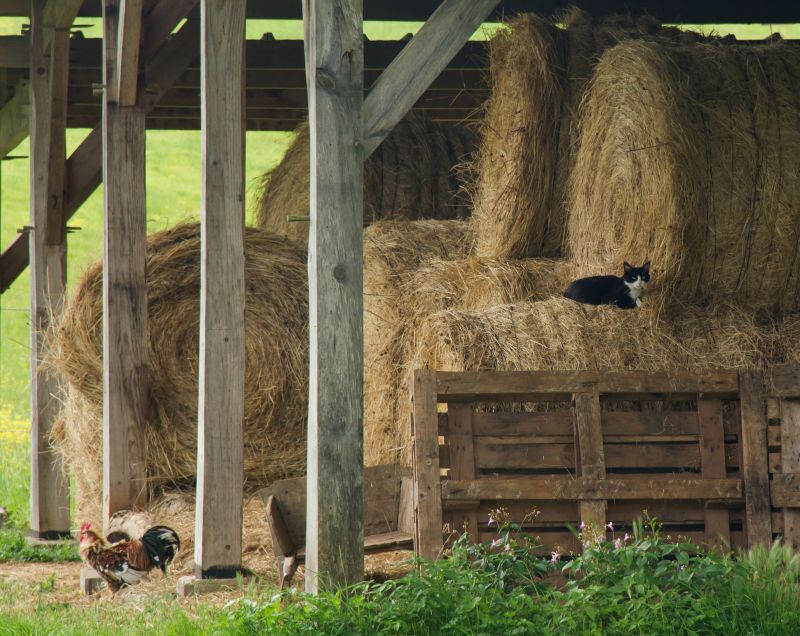
Spring weather conditions support effective painting with optimal curing times.
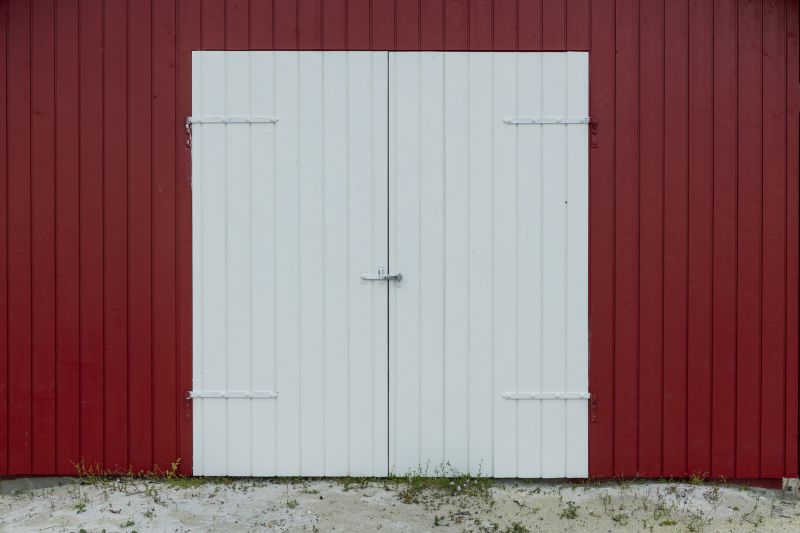
Warm, dry days provide excellent conditions for pole barn painting.
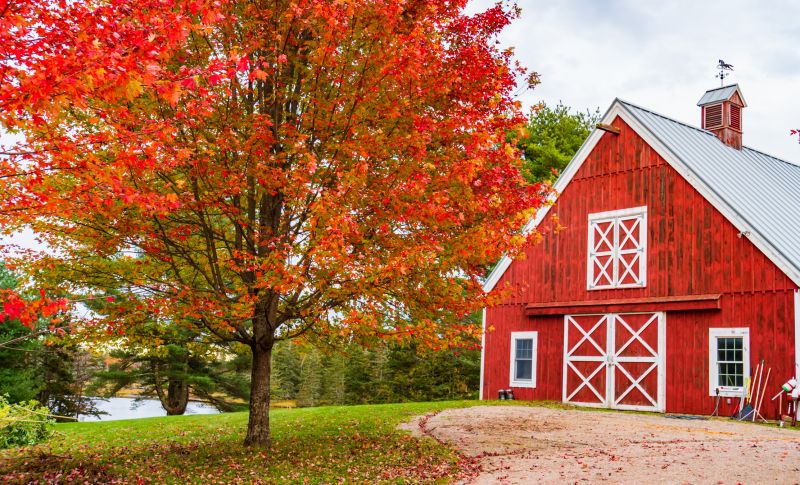
Cooler fall temperatures help achieve durable paint finishes.
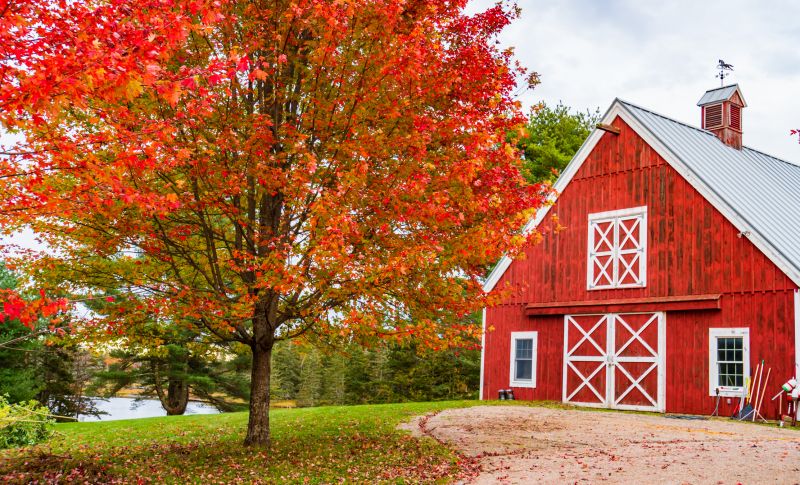
Ways to make Pole Barn Paintings work in tight or awkward layouts.
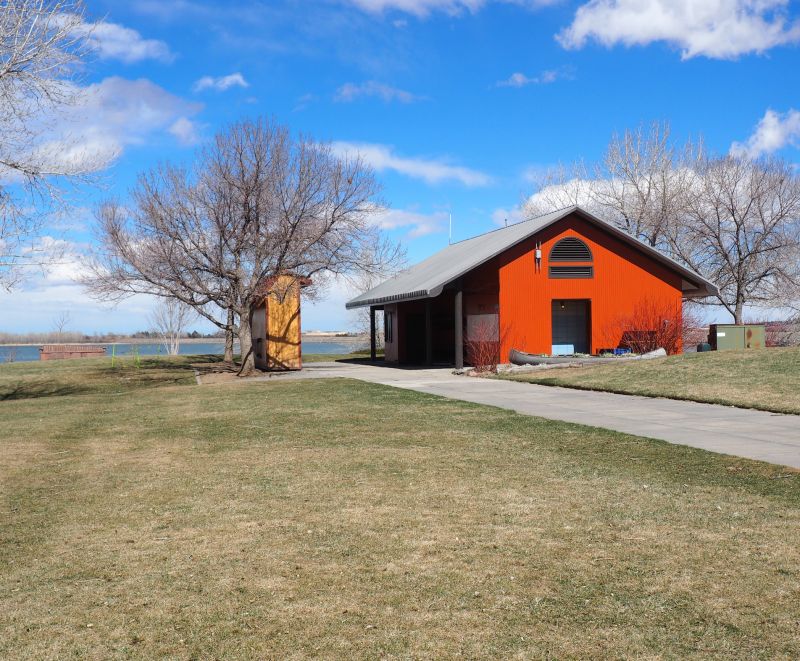
Popular materials for Pole Barn Paintings and why they hold up over time.
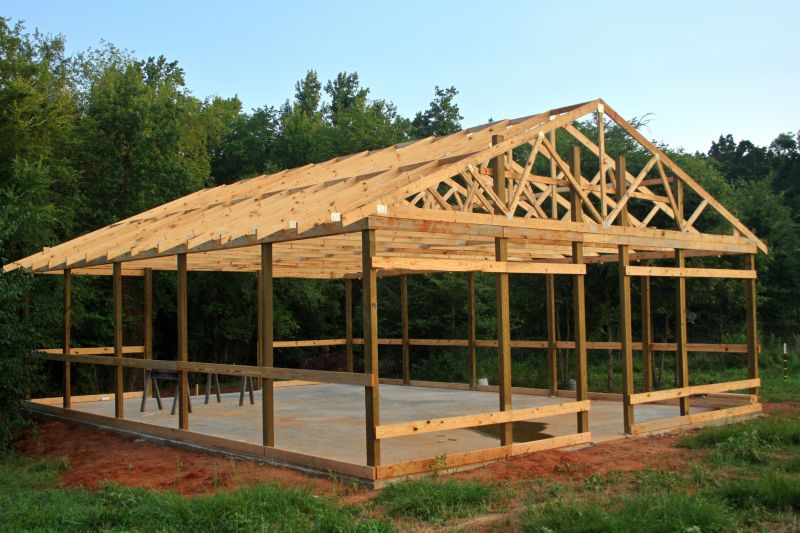
Simple add-ons that improve Pole Barn Paintings without blowing the budget.
| Season | Suitable Conditions |
|---|---|
| Spring | Moderate temperatures, low humidity, ideal for painting |
| Summer | Warm and dry, best in early summer, avoid peak heat |
| Fall | Cooler temperatures, low humidity, suitable if above freezing |
| Winter | Cold temperatures, high humidity, generally unsuitable |
| Rainy days | High humidity, prevents proper drying |
Pole barn paintings enhance the appearance and protect structures from weather elements. Proper timing ensures the paint adheres well and lasts longer, reducing the need for frequent maintenance. Selecting the appropriate season based on local climate patterns is essential for achieving the best results.



